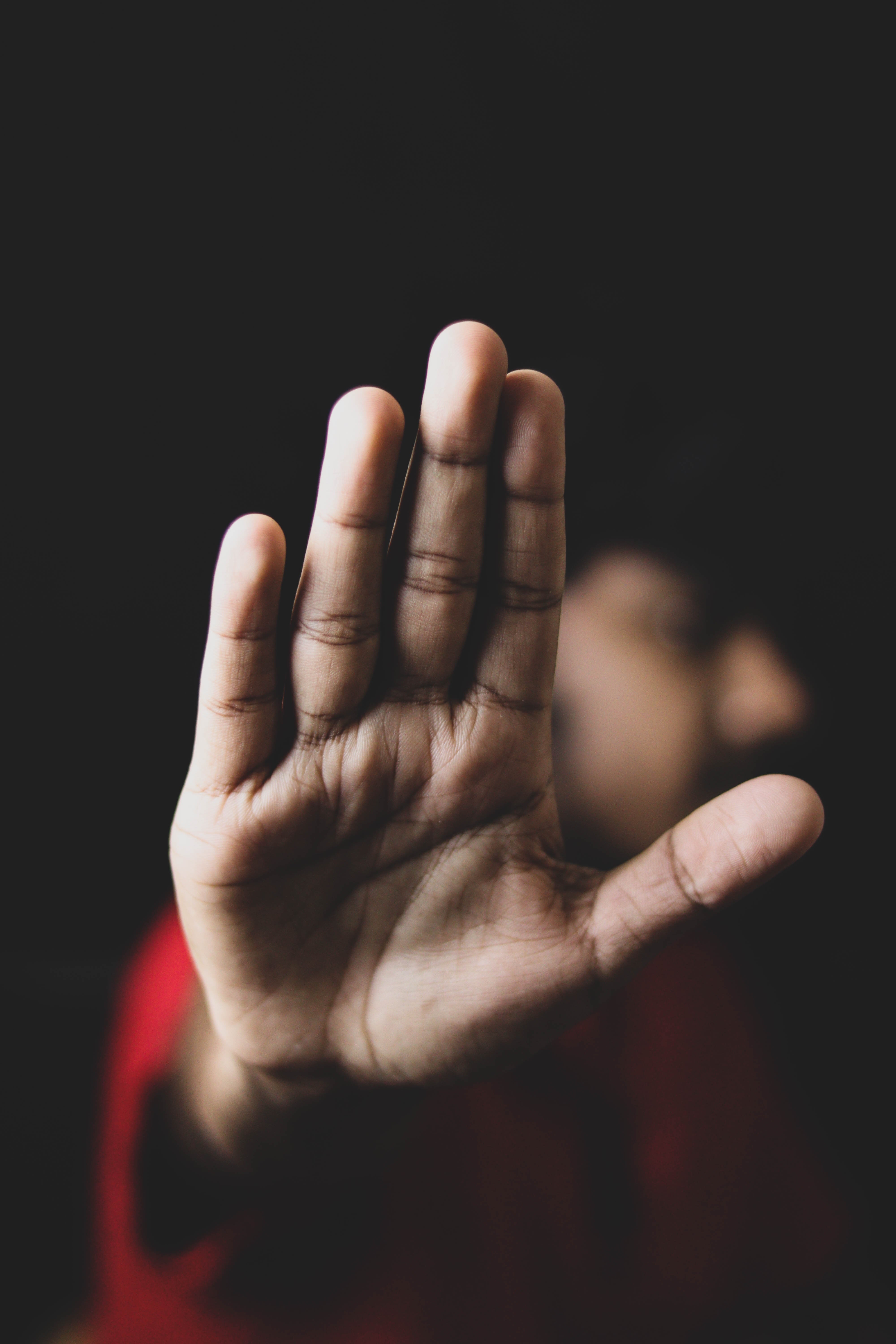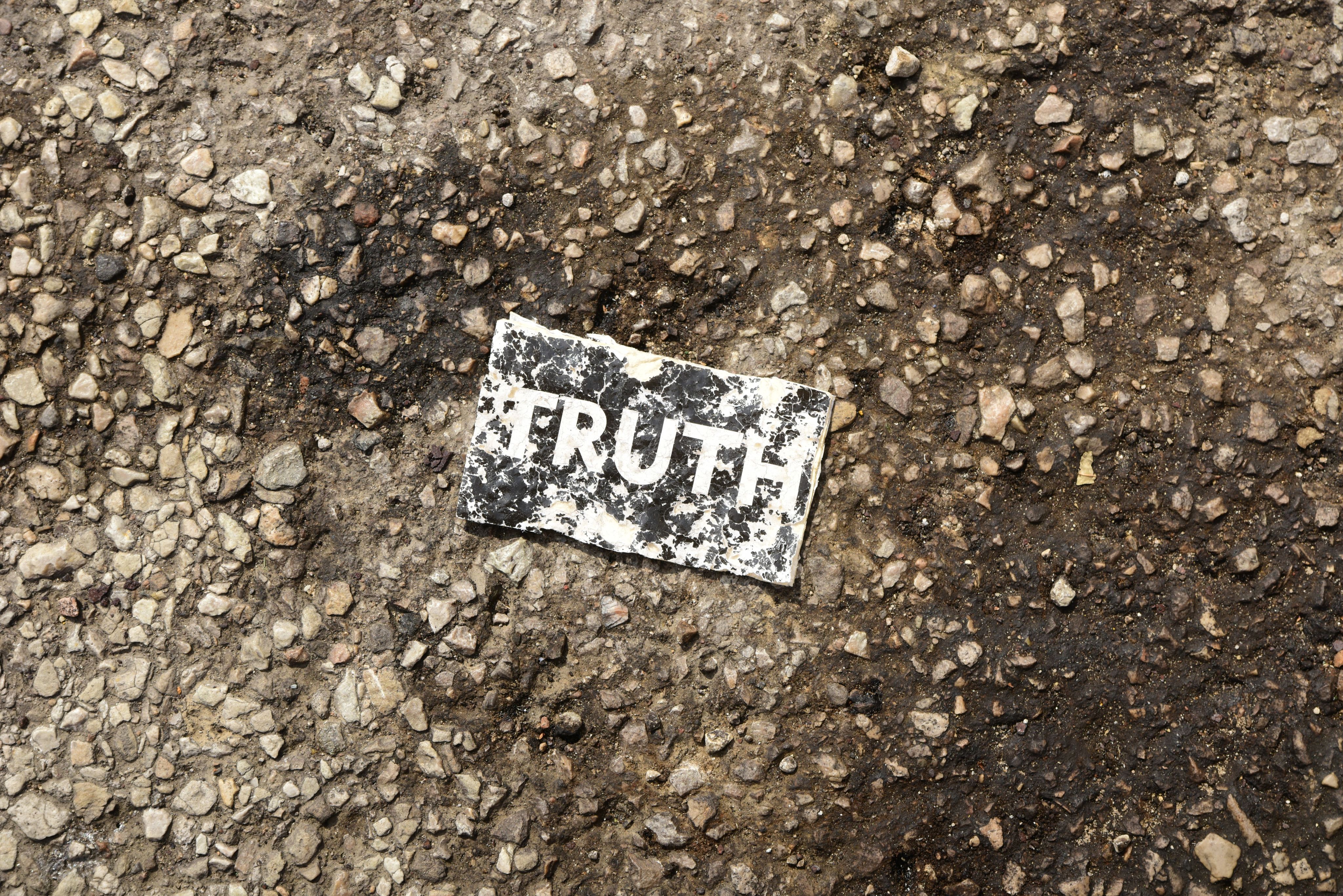Self-Revictimization

"Somebody called it SOUL RAPE. You're left with nobody and nothing because that's all that you deserve. It's your fault if you're cute or pretty enough to be chosen. If someone else is picked, it's your fault because you aren't enough."
(Young, W.P, Eve, p. 206).
It is one thing to experience sexual trauma and another to face revictimization later in life. What causes this phenomenon? According to Walker et al. (2017), sexual revictimization demonstrates that a child sexual abuse (CSA) survivor is at greater risk of victimization later in life than the general population. Jaffe et al. (2019) supports this idea with, "The most consistent predictor of future trauma exposure is a history of prior trauma exposure." According to Arata (2002), “one-third of CSA victims had a two to three times greater chance of revictimization as adults," and Papalia et al. (2021) state, "Approximately half of child sexual abuse victims report sexual revictimization later in life." The National Sexual Violence Resource Center states, "Negative long-term effects of CSA may be attempts to avoid or cope with negative emotional states, but that such emotional avoidance can create challenges in recognizing danger cues." These statements side with the probability that vulnerable survivors subconsciously and unknowingly are susceptible to external revictimization of some type. Many studies identify the cause of revictimization as secondary victimization and poly-victimization.
In 1920, Freud identified repetition compulsion as an experience or situation that the person reenacts or positions him or herself to repeat the painful experience. Applying this ideology to more recent revictimization research places the responsibility on the victim's psyche. Childhood abuse impedes the survivor's interpersonal relatedness and regulation development, which decreases the awareness of danger (Lalor & McElvaney, 2010).
Is revictimization only initiated from outside triggers? What are self-revictimizing possibilities when the stimuli are based on the survivor's interpretation and internal narrative? Could survivors like me be Self-Revictimizing?

This exploration is my self-discovery, and I am not in any way projecting this onto anyone else.

Photo by Saif71.com on Unsplash
Photo by Saif71.com on Unsplash
One day, as I was journaling, I sensed a form of Self-Revictimizing. It first appeared in the meaning attached, not directly to the traumatic events, but to the emotions and false self I created after the events. As I reflected on my undeveloped teenage mind and tried to understand why the sexual abuse continued, I realized that I had concocted an illusion of myself in order to survive. I decided to believe that I was not GOOD, SMART, or WORTHY enough, or these events would never have happened. I started a campaign to seek out implications and parts of conversations that I could adapt, adopt, interpret, download, and transcribe to support and strengthen the belief of this false self. I discovered I frequently, and most times unconsciously, resorted to this negative self-belief whenever experiencing disappointment and fear in my present life. For example, when applying for jobs, every "we have decided to go in a different direction," I immediately turn it into rejection and reconfirm that I am not good, smart, or worthy enough. In the long process of creating this false self, I lost my faith, trust, and true self through my constant action of Self-Revictimization.
Yet, there has always been this underlying feeling, or inkling, rather small, that I have everything I need and am perfect as I am. Like a distant whisper, I hear that I do not need to reach outside myself to try and be perfect because perfection is impossible, and it takes me out of being present, patient, and listening. I am no longer in the NOW. However, when confronted with adversities, I revert to the stronger false self's beliefs and revictimize myself.
So, I decided that If I could honestly figure out how and when I adopted my definition of the word "victim"—and how I created a false self, maybe I could start to unravel the connection I made. I discovered these essential points in my plight to identify the lies I have accepted.
The Four Rs of Recognition

Photo by Michael Carruth on Unsplash
Photo by Michael Carruth on Unsplash
Recognize...
and accept that the traumatic events happened. I had to own that the events that happened to me were (are) real. I did not make them up.

Photo by Katelyn Greer on Unsplash
Photo by Katelyn Greer on Unsplash
Recognize...
the meanings I have attached, adopted, adapted, interpreted, and downloaded to develop the belief that I am not good, smart, or worthy enough. I accomplish this by not fully listening or reading the entire conversation, dialogue, text message, etc., but by filtering out sound bites or fragmented sentences that would REINFORCE this FALSE BELIEF. The belief and anger compounded this negative and limiting self-talk that I was ALONE. I felt abandoned by my family, friends, and especially God. So, I created reasons why these things happen to me. What was genuinely revealing and shocking was that there had to have been a moment within me when I CHOSE to believe this self-destructive belief. I had to allow these thoughts to penetrate, enter, and fester as a recipe for my false self.

Photo by @felipepelaquim on Unsplash
Photo by @felipepelaquim on Unsplash
Recognize...
the shame and guilt derived from fear of how people might react or think regarding my secret. I am learning to what extent SECRECY has affected my self-worth, health, and healing journey. Every day, I am privy to the long-term effects of sexual abuse. "Guilt and shame are two distinct, common remnants of having been victimized. While guilt involves believing that one should have thought, felt, or acted differently, shame is a painful emotion related to beliefs about threats to one's social position, including devaluation and rejection" (Aakvaag et al., 2018).

Photo by Brooke Cagle on Unsplash
Photo by Brooke Cagle on Unsplash
Recognize...
if I could work so hard to create a false self, why can't I REVERSE the thoughts or UNDO them by learning about my TRUE SELF?
Incorporating The Four Rs allows me to see a different story about myself and change my beliefs. In doing so, I can create boundaries to protect myself from being revictimized by outside sources and self-victimization.
How can I achieve this?
Anthony Robbins states that people will only change when the pain of not changing is more significant and more uncomfortable than changing. If there is any pleasure within the situation, the person may remain and not change. So, when I tried to tell my mother about the abuse, she didn't believe me and blamed me. She also pointed out that I needed to do my part to help the family, and since the professionals (abusers) were assisting the family, I decided that it was such a small price to pay, and the benefits outweighed the pain.
I also discovered the confusion of pleasure during these events; the pleasure of the attention, the knowledge that I was helping my family, and the pleasure of touch (although it was not the desired person or situation). My abusers told me I was beautiful—so I adopted the pretense and fantasy that someone thought I was important enough for a few hours. I held firm to these pleasurable notions and tried to ignore the implications and psychological effects that the damage did.
Every day, I discover the pain of remaining in my false self's influence by impeding healing and growth through my revictimization.
Here are some steps I am applying to help make changes so I can help see my worth and not revictimize myself:
1. I take a moment and objectively, as if I am someone else, create a list of things I have accomplished and influential/positive people I knew and have met (especially during the abuse). There is nothing too small or big.
Examples:
- I started writing poetry to express my feelings.
- I discovered my passion for drawing and painting.
- I debated women's rights in my history class.
- I won the Norway and Danish Cups in diving.
- I took 3rd in the Oration Competition at school.
2. Then I allow myself to own these accomplishments. I permit myself to be proud of these incredible achievements.
3. Lastly, I write a card or letter and draw pictures celebrating these accomplishments (you can start with one and progress to celebrating other achievements). I permit myself to illustrate my celebrations differently, experimenting with different colors or scripts. I write a short message about my pride in discovering this part of myself. I have space on my wall and hang these celebration creations so I can see them daily. I GIVE MYSELF PERMISSION TO BE GRATEFUL AND CELEBRATE.

The more I recognize the Self-Revictimization and dissolve the negative false self, the more my true self can shine through, and the more I can trust. This understanding makes the world around me appear different. I find the inner strength to be more PRESENT, PATIENT, and LISTENING to the NOW. I honor my boundaries, and the world displays more beauty.
REFERENCES
Arata CM. Child sexual abuse and sexual revictimization. Clinical Psychology-Science and Practice. 2002;9(2):135–164.
Jaffe, A. E., DiLillo, D., Gratz, K.L., Messman-Moore, T.L. (2019). Risk for Revictimization following interpersonal and noninterpersonal trauma: Clarifying the role of posttraumatic stress symptoms and trauma-related cognitions. Journal of Traumatic Stress, 32, 42-55.
Lalor K, McElvaney R. Child sexual abuse, links to later sexual exploitation/high-risk sexual behavior, and prevention/treatment programs. Trauma Violence Abuse. 2010 Oct;11(4):159-77. DOI: 10.1177/1524838010378299. Epub 2010 Aug 2. PMID: 20679329.
Papalia, N., Mann, E., & Ogloff, J. R. P. (2020). Child Sexual Abuse and Risk of Revictimization: Impact of Child Demographics, Sexual Abuse Characteristics, and Psychiatric Disorders. Child Maltreatment, 26(1), 107755952093266. https://doi.org/10.1177/1077559520932665
Walker, Hannah & Freud, Jennifer & Ellis, Robyn A & Fraine, Shawn & Wilson, Laura. (2017). The Prevalence of Sexual Revictimization: A Meta-Analytic Review. Trauma, Violence, & Abuse. 20. 152483801769236. 10.1177/1524838017692364.
Young, W.P. (2015). Eve. Simon and Schuster.

About the Author:
John-Michael Lander is a Survivor, Advocate & Public Speaker
He is also the founder of An Athlete's Silence: www.anathletessilence.com

Published by SurvivorSpace, an initiative of Zero Abuse Project
